Solid-state batteries are quickly becoming a popular choice for businesses looking to make the switch to renewable and more sustainable energy sources. Solid-state batteries have recently been gaining traction due to their numerous advantages. Here at Yoshino Technology, we are the world’s first business to bring to market this game changing formula in all our portable solid-state power stations. Let's take a closer look at what makes solid-state batteries so appealing.
What Are Solid-State Batteries?
Solid-state batteries are rechargeable energy storage devices that use solid electrodes and electrolytes instead of liquid or polymer ones that you find with a standard lithium-ion battery. This type of battery has seen rapid development in recent years and is now widely used in small consumer electronics like mobile devices to even medical equipment like pacemakers. Even NASA has been exploring the rapid growth of solid-state batteries, so we expect to see a robust and promising shift in the market for more demand for solid-state solutions.
The underlining factor distinguishing a standard lithium-ion battery from a solid-state lithium-ion battery lies within the internal electrolyte. Many lithium-ion batteries (and most other batteries) use a liquid electrolyte, but solid-state batteries have a unique formula that uses a solid electrolyte.
How Do Solid-State Batteries Operate?
Lithium-ion batteries provide a reliable and efficient power source. Inside every lithium battery are two electrodes, an anode (negative conductor) and a cathode (positive conductor). These two conductive materials contain electrolyte-filled particles (ions) that permit the movement of lithium ions in between them when charging or discharging occurs. This chemical reaction allows an electrical charge to travel through a circuit, enabling current flow for powering devices effectively and efficiently.
The power of standard lithium-ion and solid-state lithium-ion batteries lies in the chemical reaction between their anode, cathode, and electrolyte particles. The former utilizes liquid to regulate current flow while the latter uses a solid - this sets them apart!

Advantages of Solid-State Batteries
Solid-state battery technology has revolutionized the idea of energy storage. Through its solid electrolyte, users enjoy faster charging with higher capacity in a more compact form factor - all while having extended longevity and improved security. Here are some more benefits to the future of solid-state.
Compact and Lightweight
The most significant advantage of solid-state batteries over traditional lithium-ion ones is their higher energy density. Solid-state batteries can deliver up to 2.5 times more energy density, meaning they can store more energy in less space, allowing them to be smaller and lighter than other batteries while still providing the same amount of power. They also tend to have longer lifespans since they don't suffer from the same issues with the degradation that other types do. This is a game-changing element as many EV Cars, trucks, RVs, boats, and even airplanes can all benefit from being lighter. Finally, they can be recharged much faster (about 5 to 6 times faster) than traditional lithium-ion batteries, which makes them ideal for applications where speed is of the essence.
Safety Matters – Experience a Safer, yet Powerful Battery
Another significant benefit of solid-state batteries is their safety compared to other rechargeable cells. Since they don't contain the sameany liquid components or combustible materials, they pose far fewer risks when it comes to fire hazards or explosions that can occur with other types of cells. Solid-state batteries are much more resistant to extreme temperatures than traditional lithium-ion ones, making them ideal for use in remote areas or harsh environments where temperatures can fluctuate significantly throughout the day or year.
Traditional Lithium-ion batteries pose dangerous potential for combustion due to their use of volatile liquid electrolytes, which can easily be exposed to air and ignite. On the other hand, solid-state batteries utilize nonflammable solid electrolytes - meaning even if they get hot from overcharging or current load issues, there is no risk of a fire occurring.
Solid-state batteries offer numerous advantages, like reduced safety systems and an absence of external BMS in some cases. As a result, the construction process is simplified, achieving lighter battery packages enhanced with higher energy density - without compromising performance.
A Complete Off-Grid Experience
Every single Yoshino SST power station will have the option to connect to solar panels for a more sustainable experience. Yoshino will include multiple product packages that will include either a 100 watt or 200 watt portable solar panel depending on the size of the power station battery. The solar panels can even be linked together for an increased solar input. All our solar panels have a 24% efficiency rate which is the strongest solar absorbance to energy conversion. These packages are perfect for the traveling or off-grid lifestyle enthusiasts.
Simple & Streamlined Manufacturing Process
A potential solution to the substantial difficulty in the industry lies within solid-state battery technology. A solid electrolyte cannot only streamline production but also reduce resource usage while significantly increasing efficiency.
 Photo Credit: cleanmobilityshift.com
Photo Credit: cleanmobilityshift.com
The Future of Solid-State Batteries
Electric vehicles have come a long way since their inception. With advances in battery technology, they have become more efficient and capable than ever before. One of the most promising advancements is the development of solid-state batteries, which are quickly becoming a popular choice for electric vehicle manufacturers.
Finally, because there is no need for additional protection against potential leakage or fire hazards associated with liquid electrolytes, solid-state batteries can last significantly longer than traditional lithium-ion cells under normal operating conditions—upwards of two times as long in some cases! This means fewer costs associated with replacing aging batteries and less downtime due to battery failure—both important considerations for any electric vehicle manufacturer looking to maximize profitability and minimize maintenance costs over time. Solid-state batteries are expected to be used in EVs from 2025, while Ford and BMW have already begun testing them this year.
Carbon Impact of Solid-State Technology
The potential to reduce the carbon footprint of electric vehicles (EVs) is in solid-state batteries. T&E, a Brussels-based campaign group, has commissioned research from Minviro; a company specializing in raw material life cycle analysis, that found EV solid-state battery technology could deliver up to 39% lower emissions than traditional liquid lithium-ion chemistries. This means we're closer than ever before to limiting greenhouse gases and reducing our global impact!
EV batteries could reduce their carbon footprint by as much as 39% when sustainably sourced materials are used, according to T&E. Solid-state battery technology offers more energy storage with fewer resources and far less graphite and cobalt than current lithium-ion battery models while requiring up to 35% more lithium mining—which is mainly located in the Democratic Republic of Congo.
Join the Revolution in Solid-State Technology Today
For many consumers and businesses looking for a reliable, sustainable, and safe source of renewable energy storage that won't take up too much space or weigh too much down, solid-state batteries may be just what you need! With their higher energy density and increased safety features compared to traditional lithium-ion cells, these rechargeable cells offer many benefits that make them an attractive option for those seeking reliable power storage solutions. So, if you're looking for an efficient way to store renewable energy without sacrificing performance, durability, or safety, consider Yoshino as your partner in solid-state battery solutions.
More From Yoshino
Yoshino B2000 Power Station with 3*SP200 Solar Panel
Yoshino B660 Solid-State Portable Power Station - 660W | 602Wh





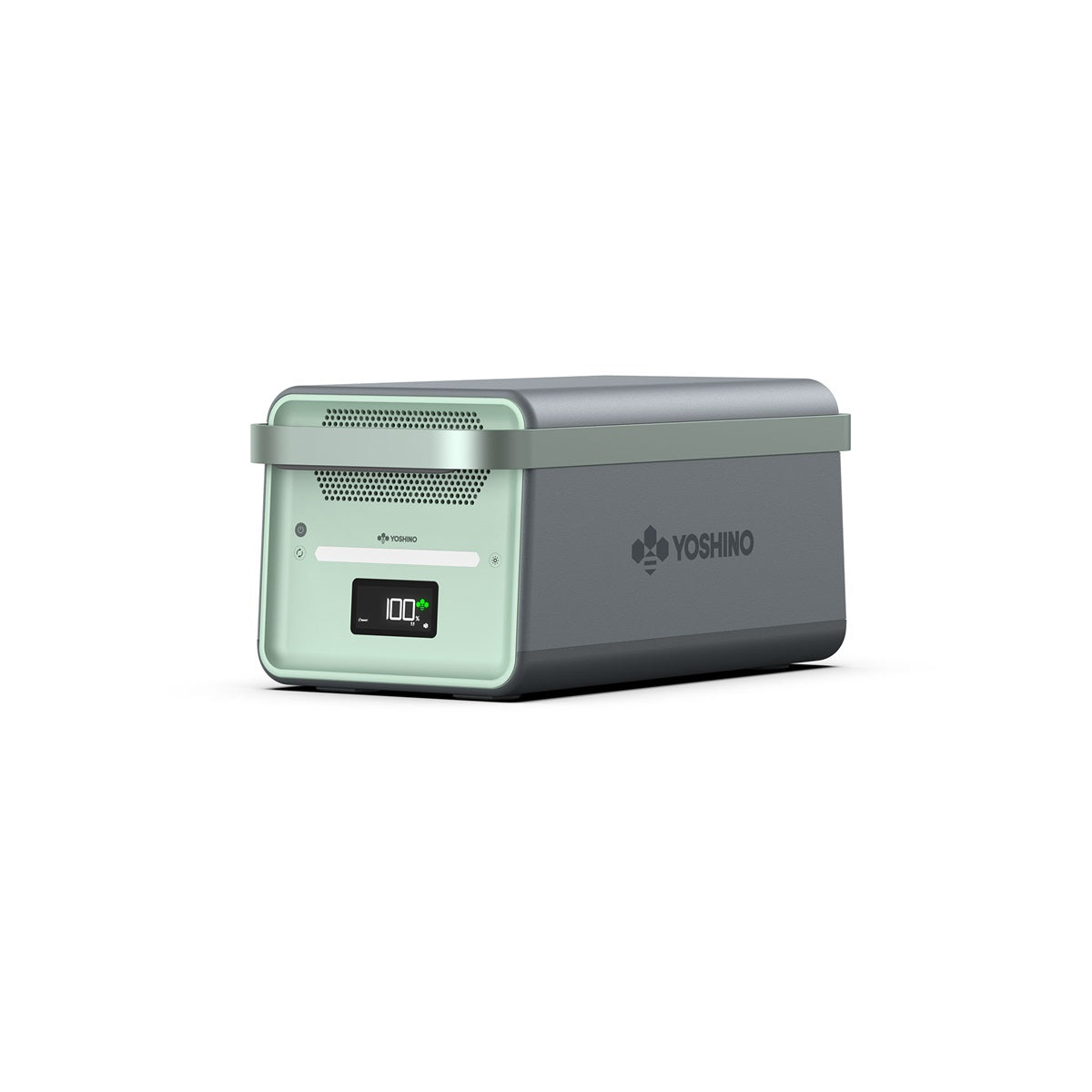
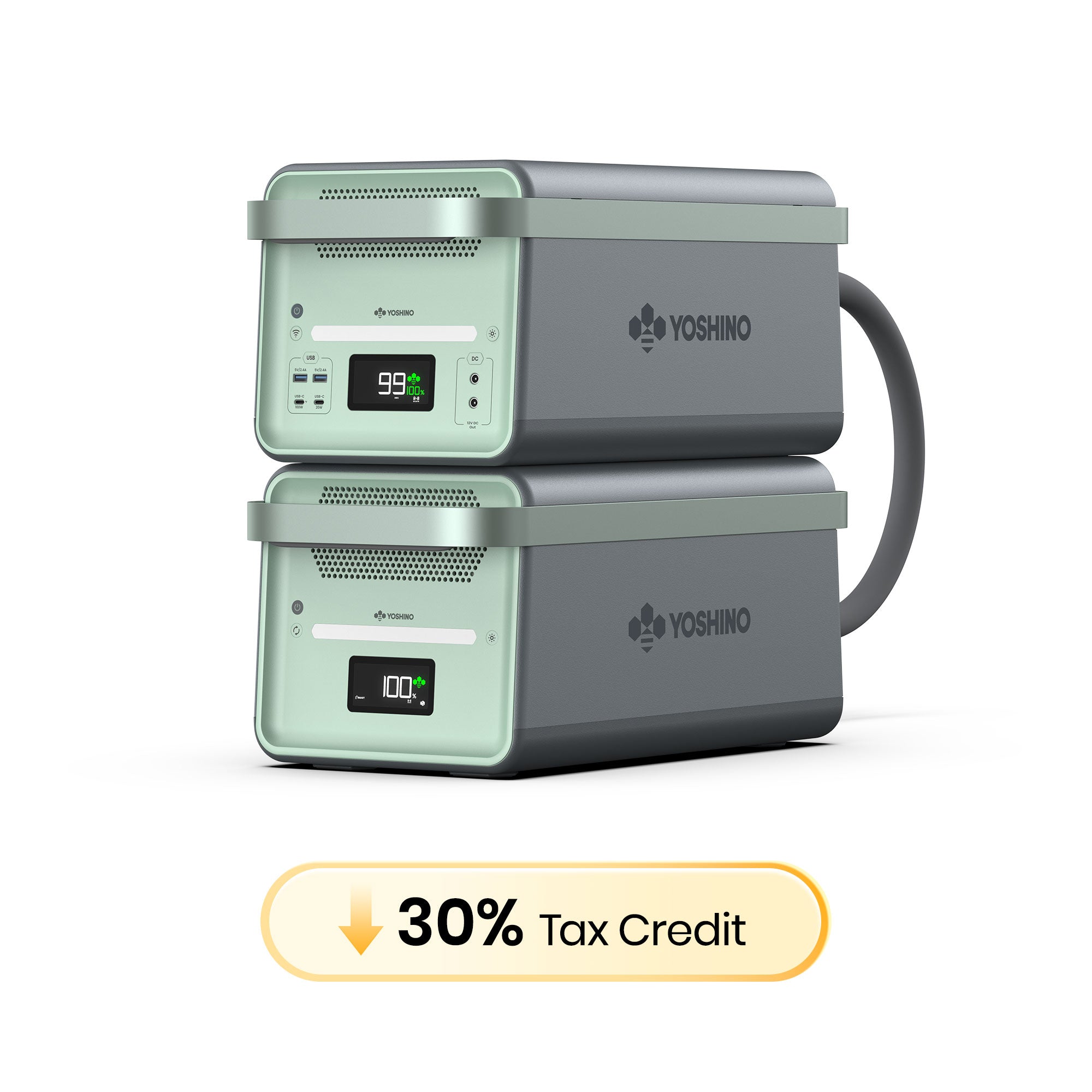

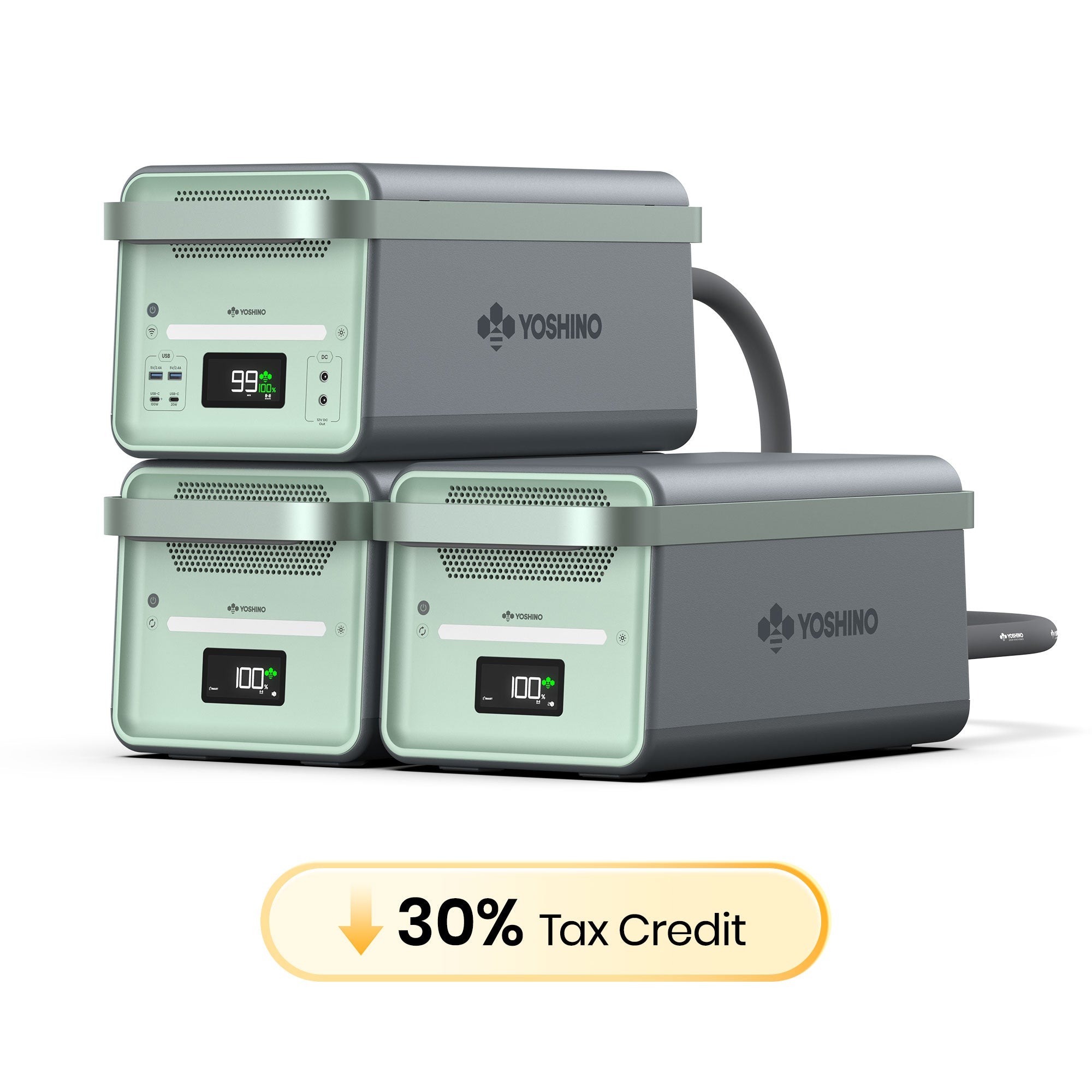

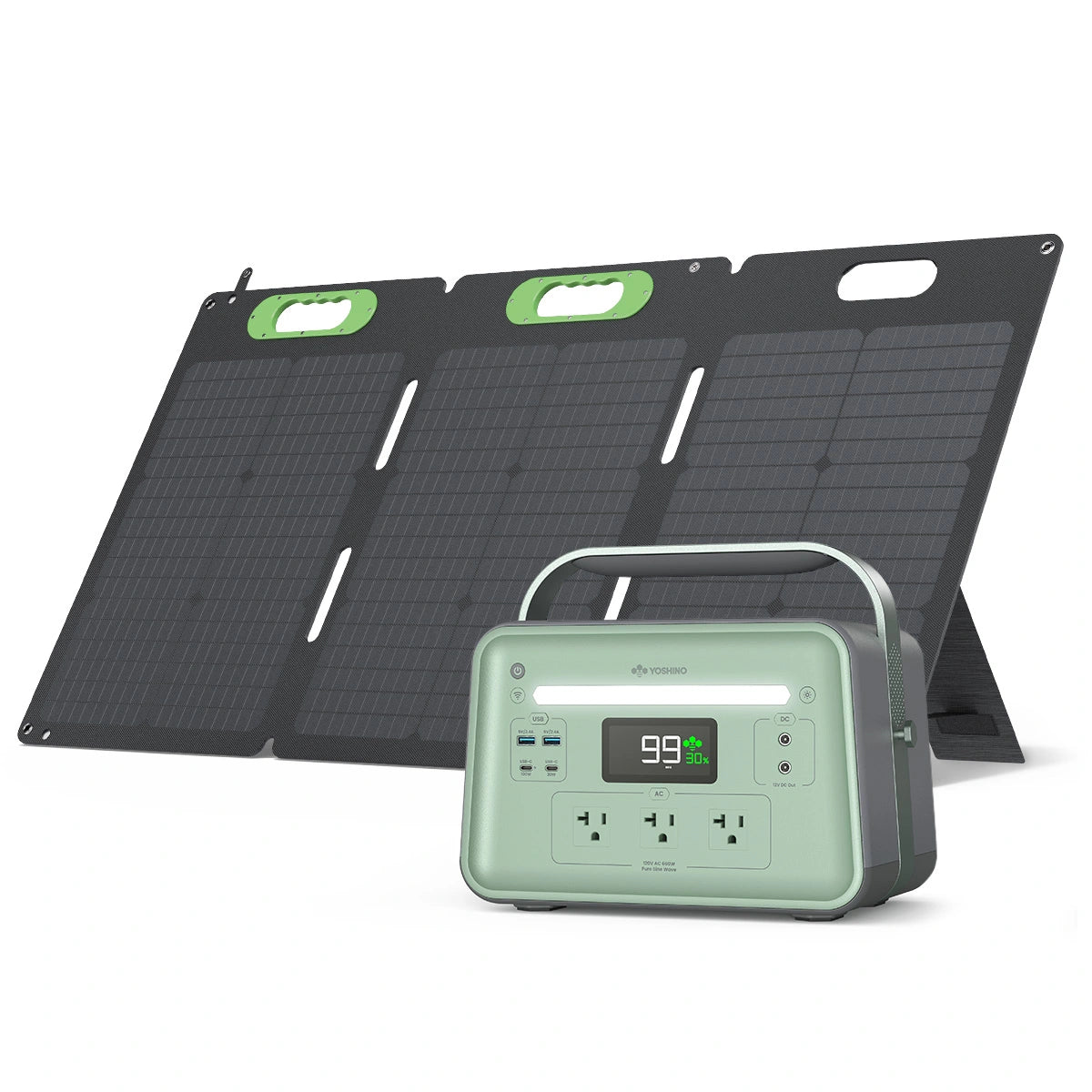
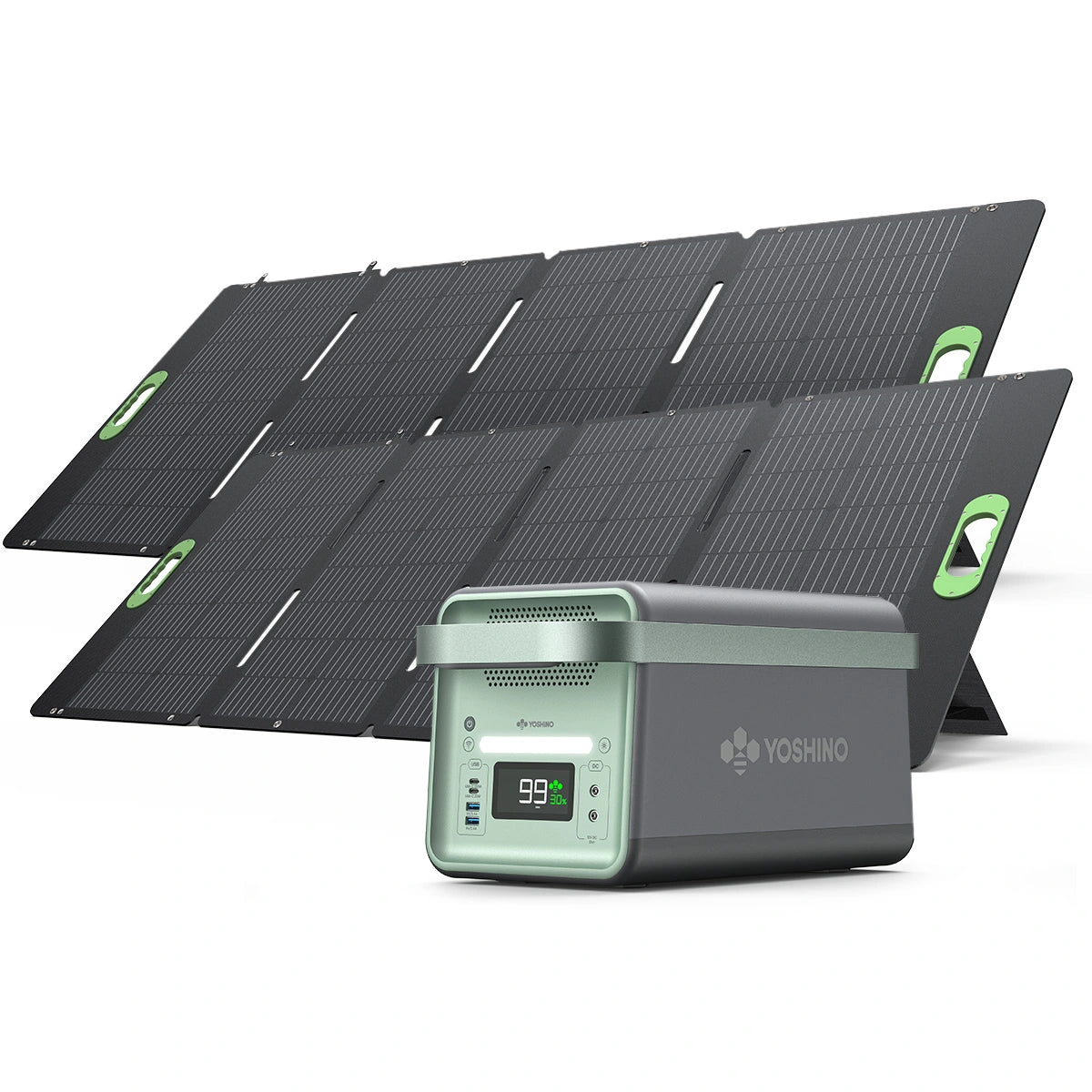
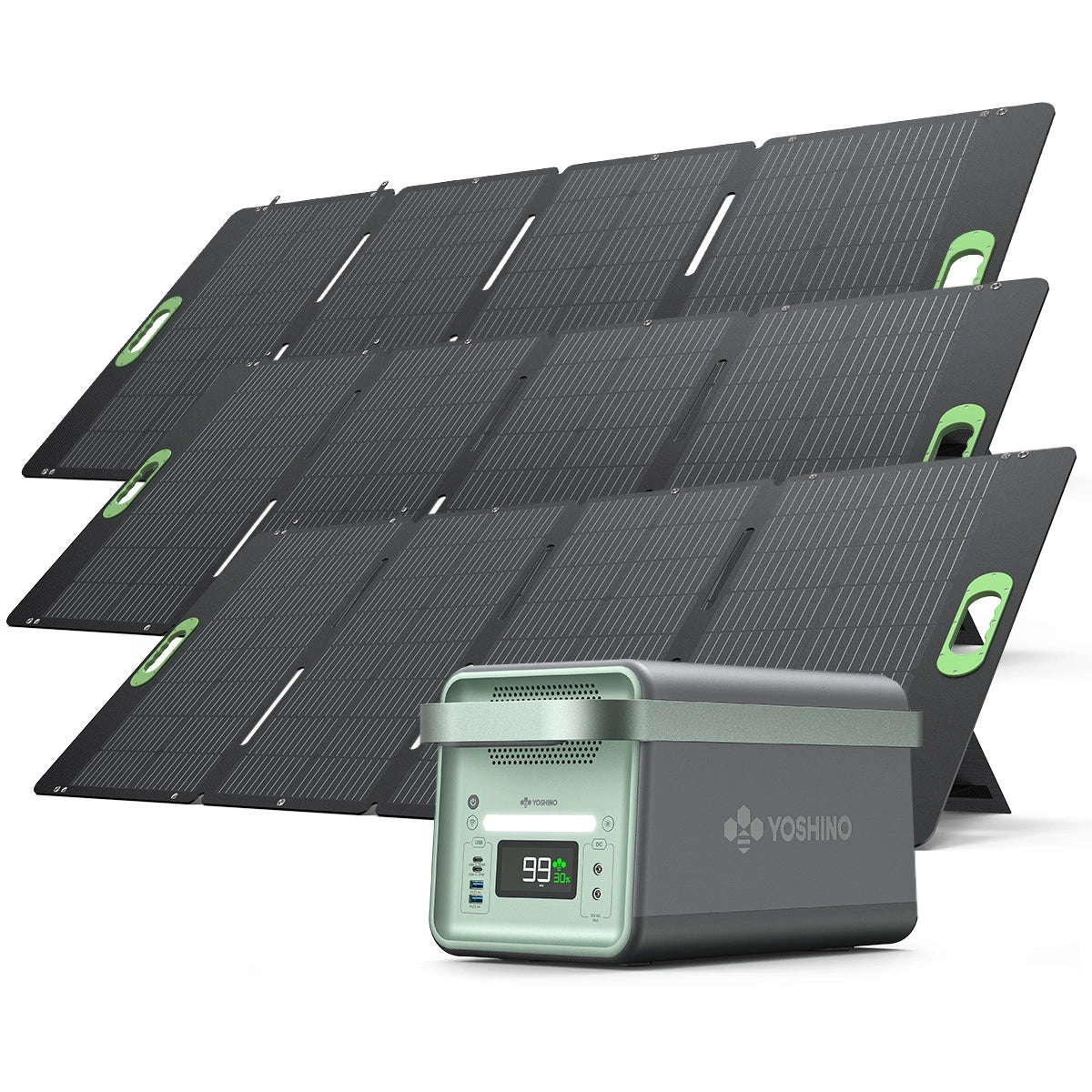
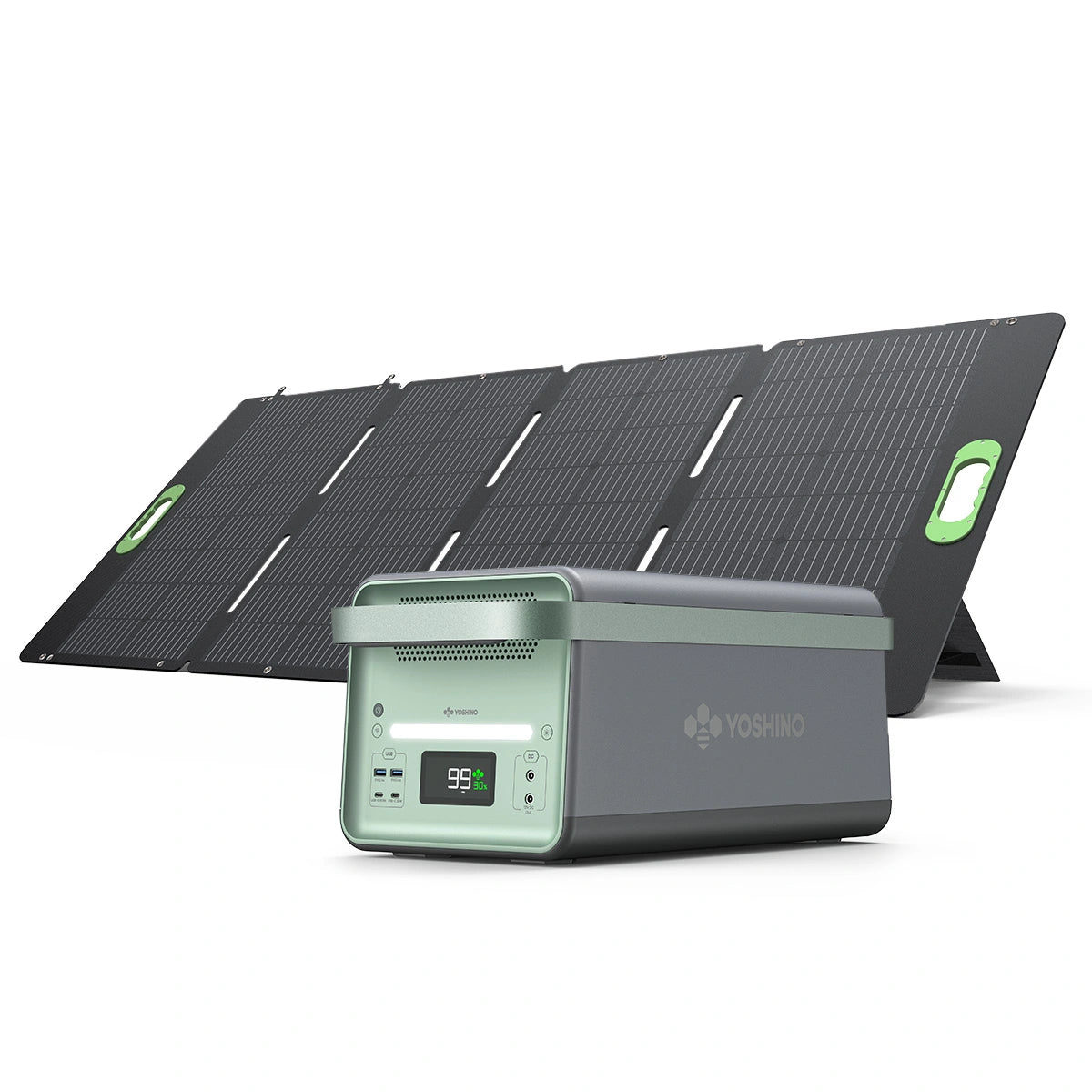
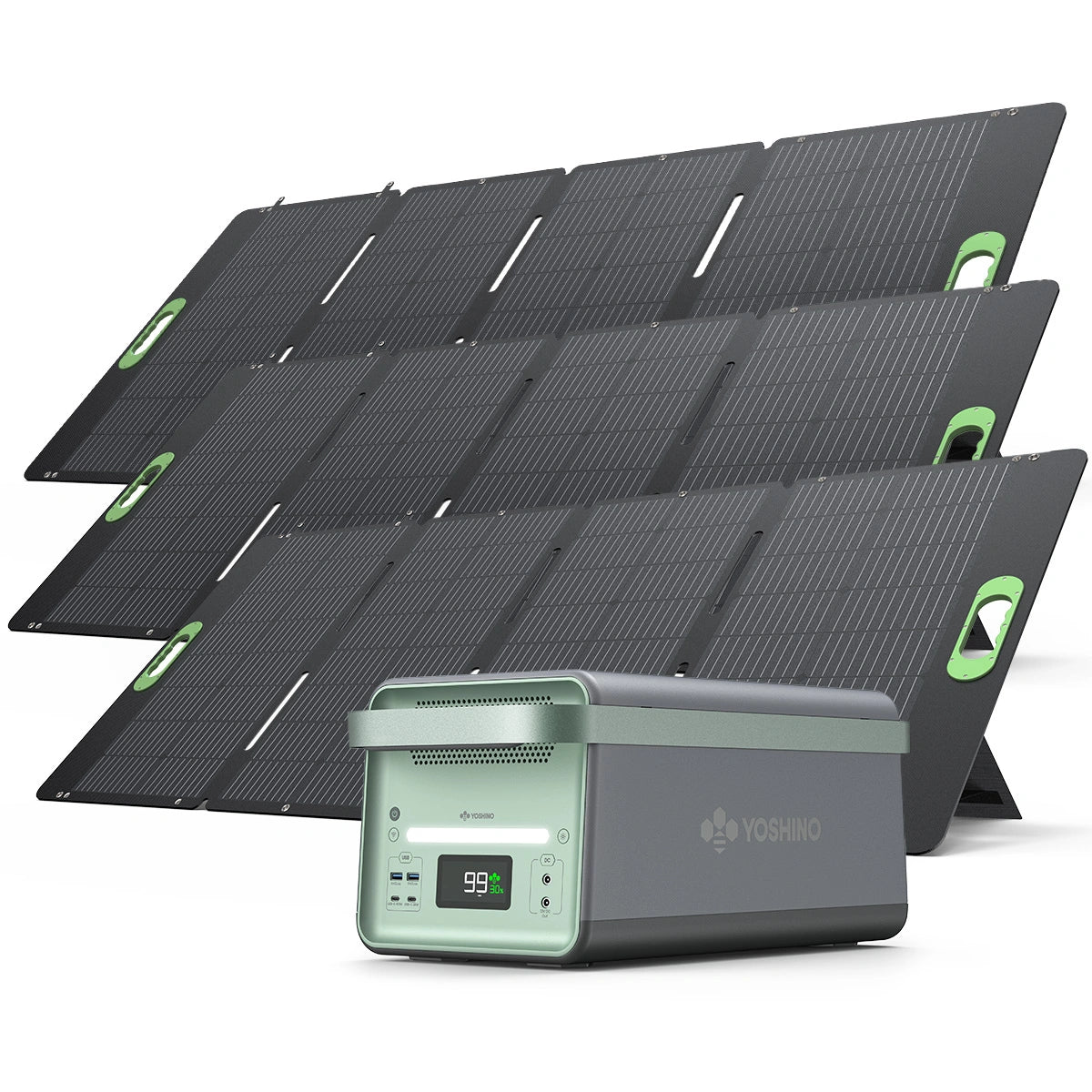
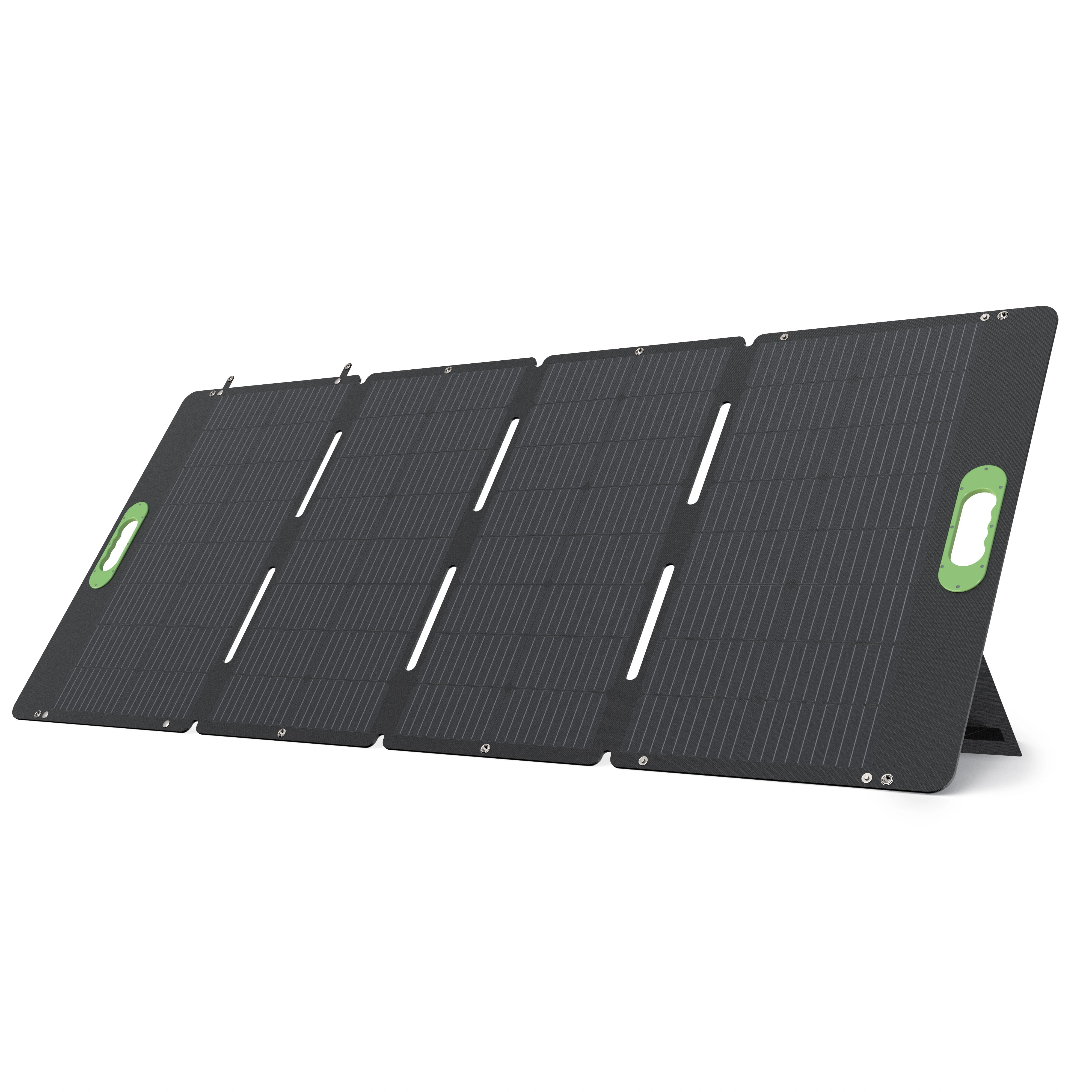
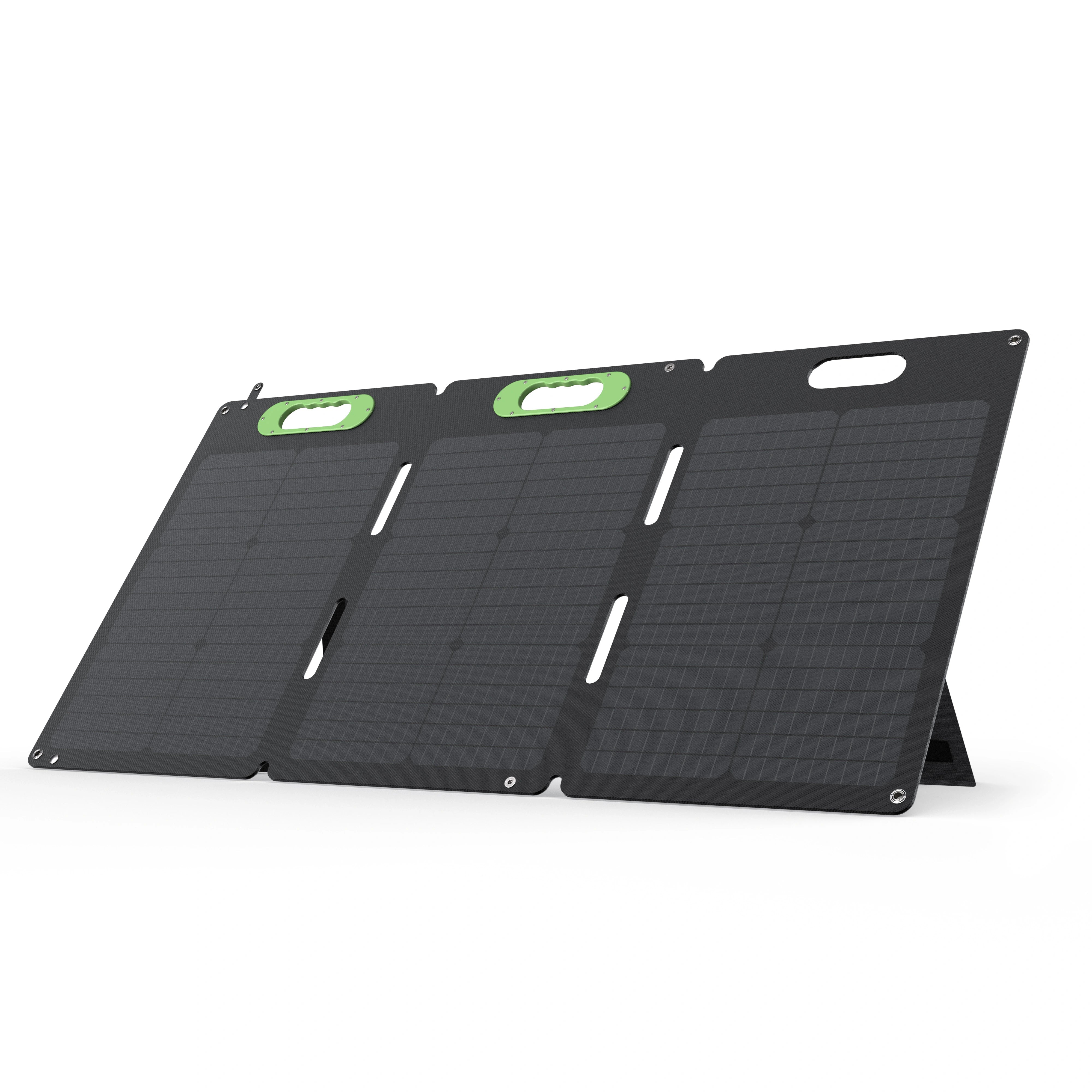

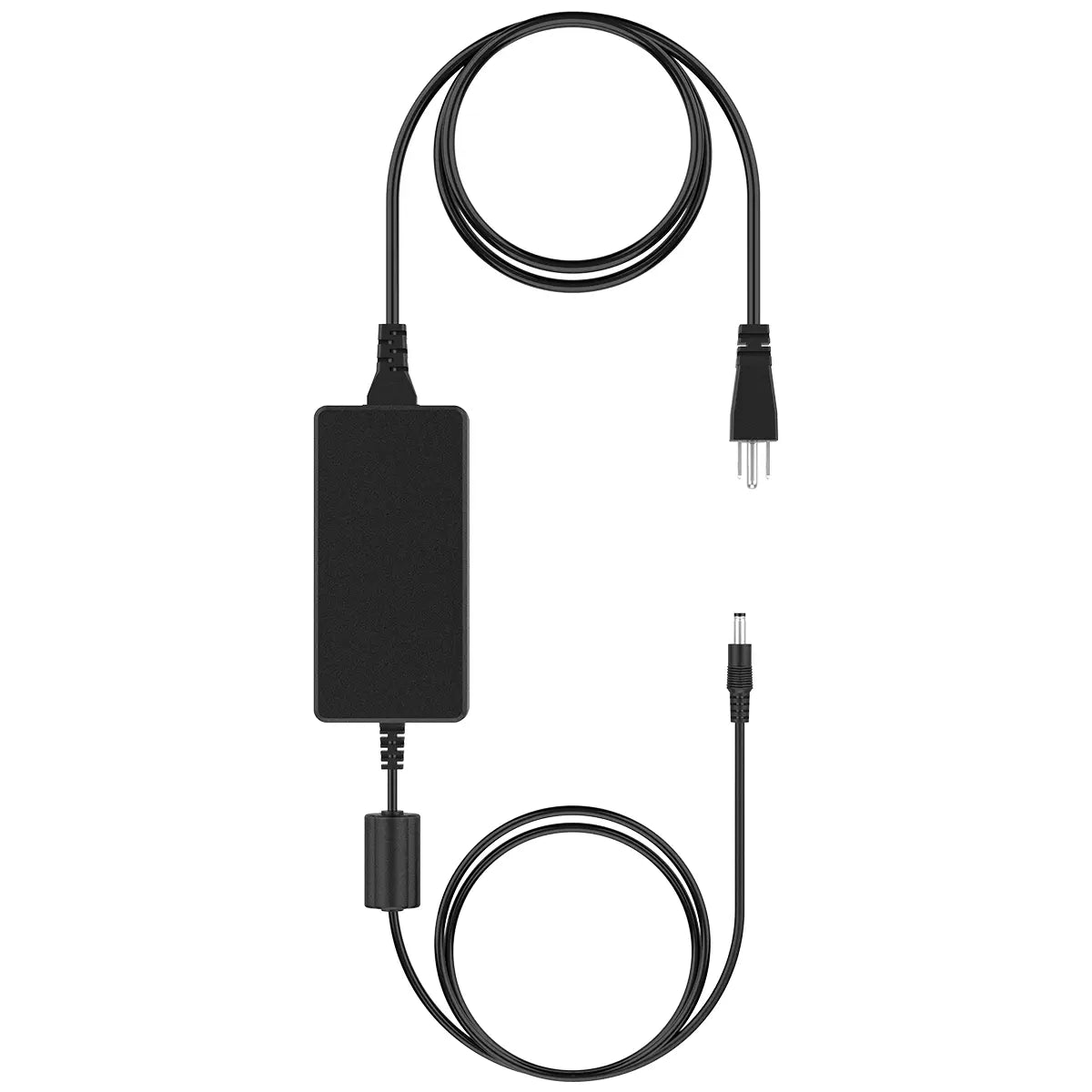

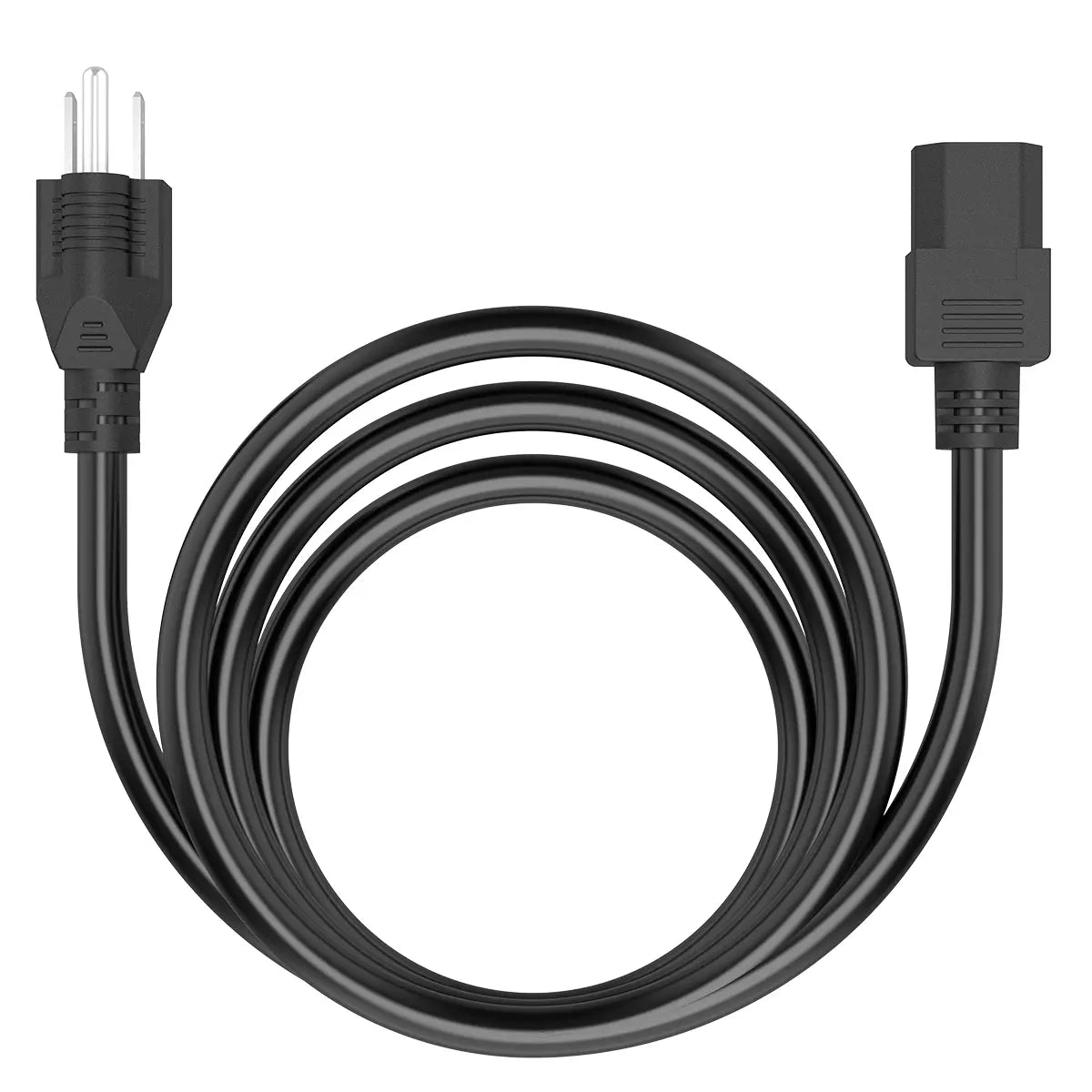
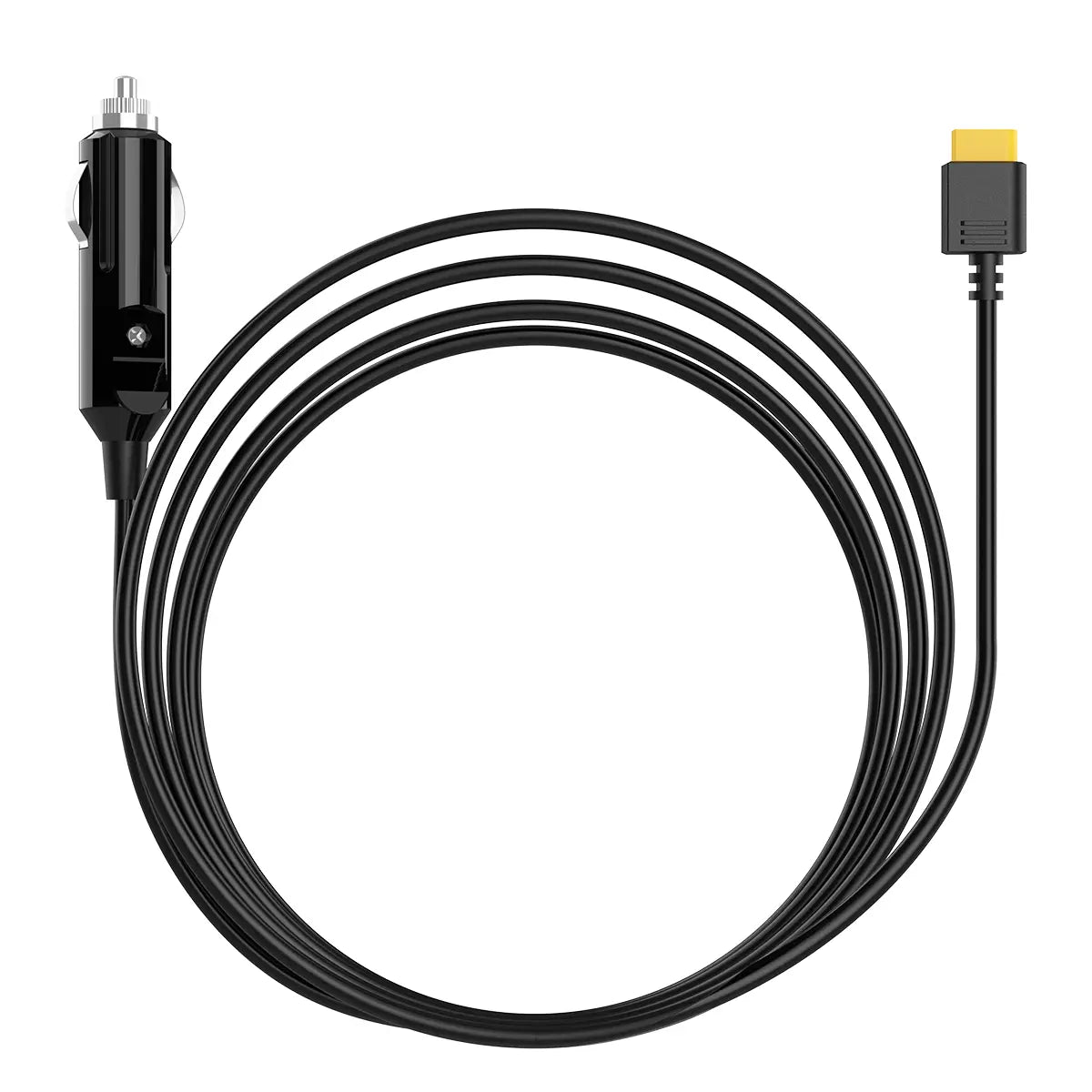
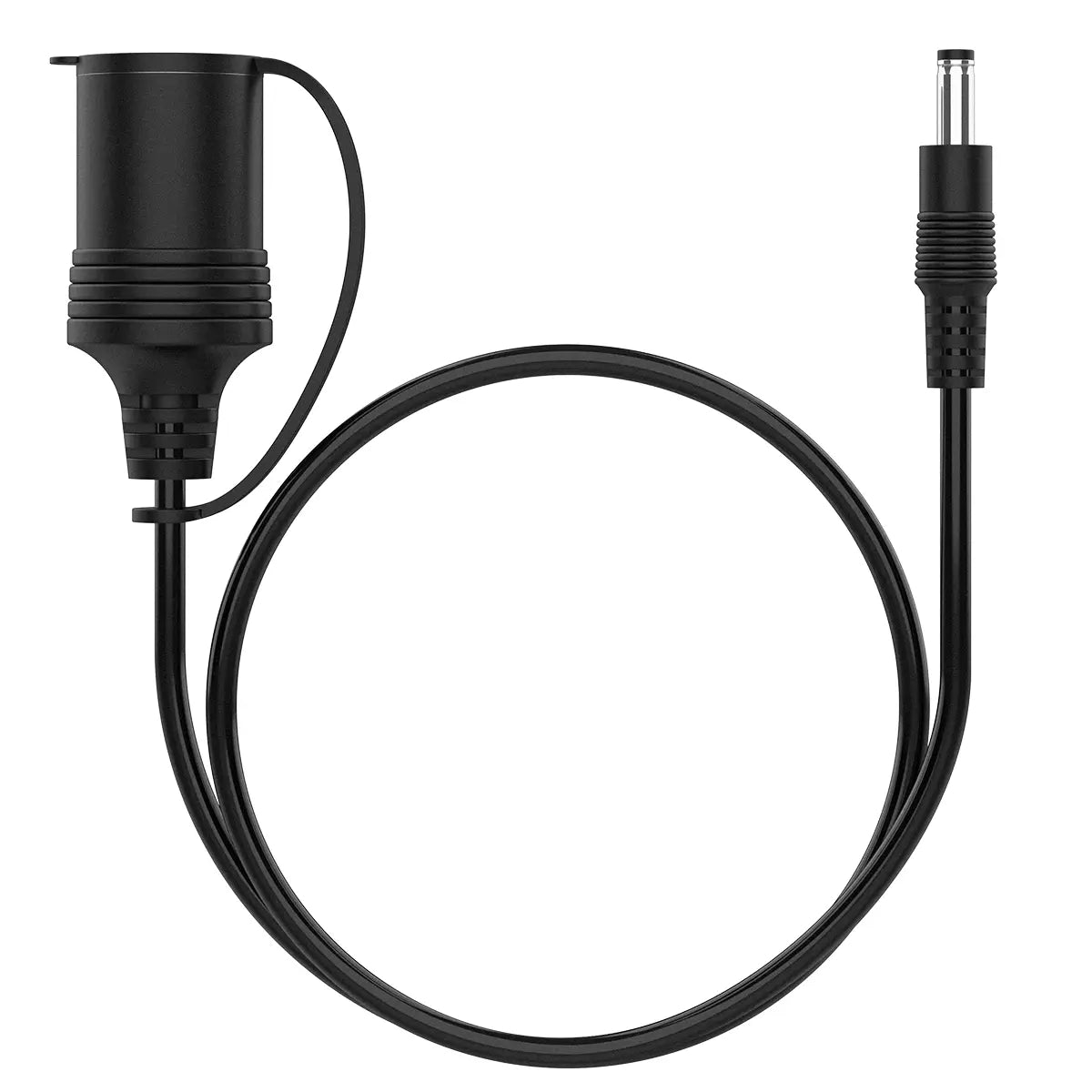
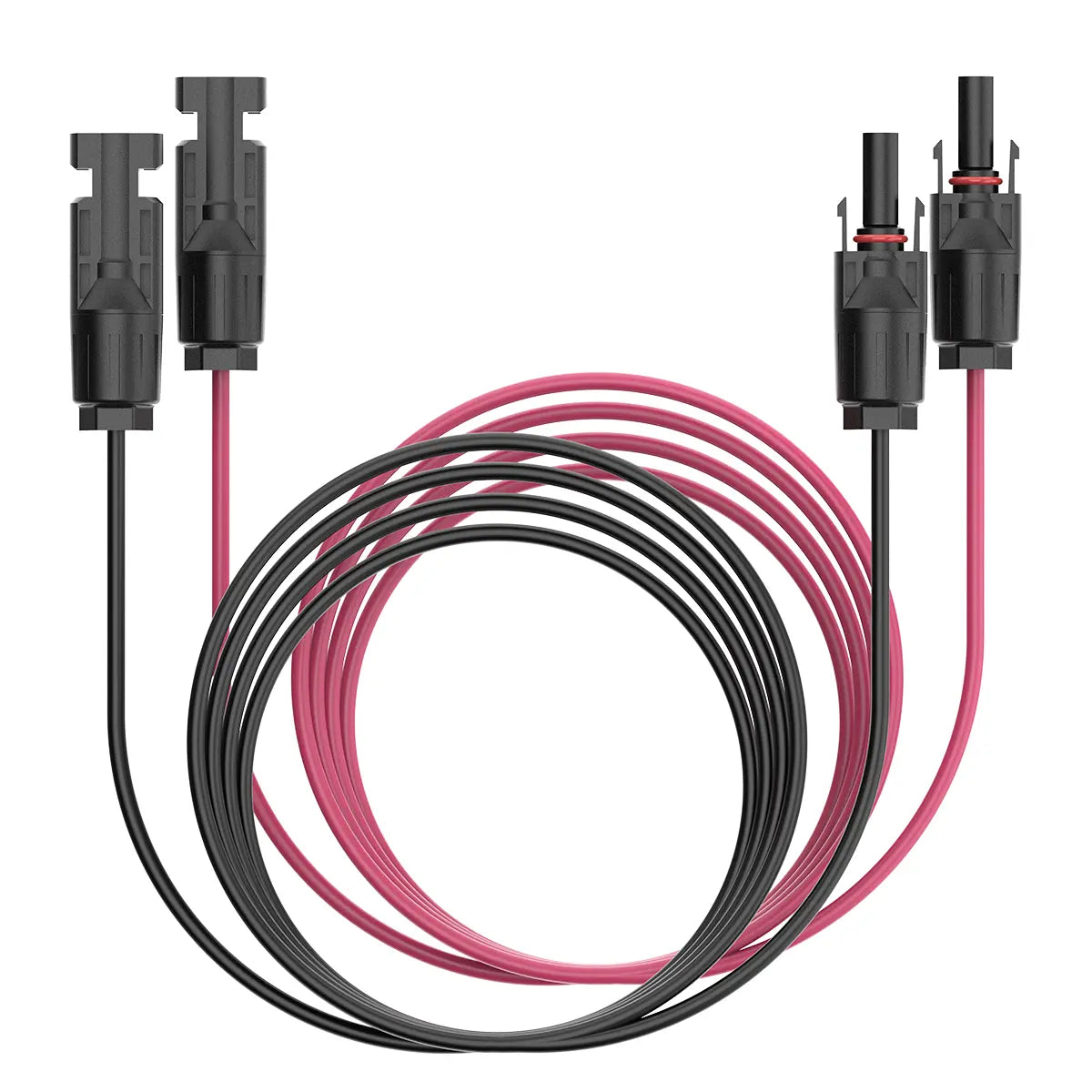
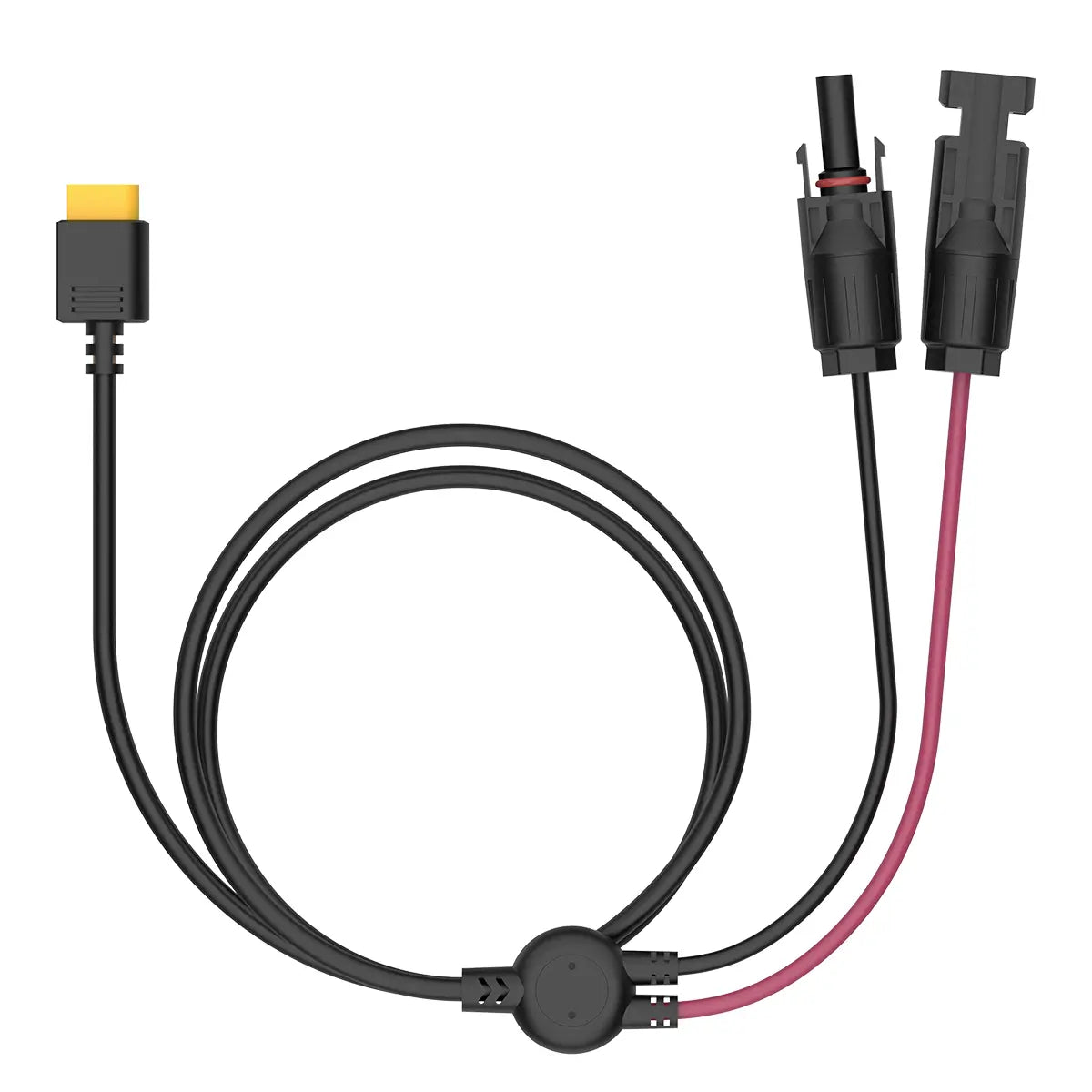
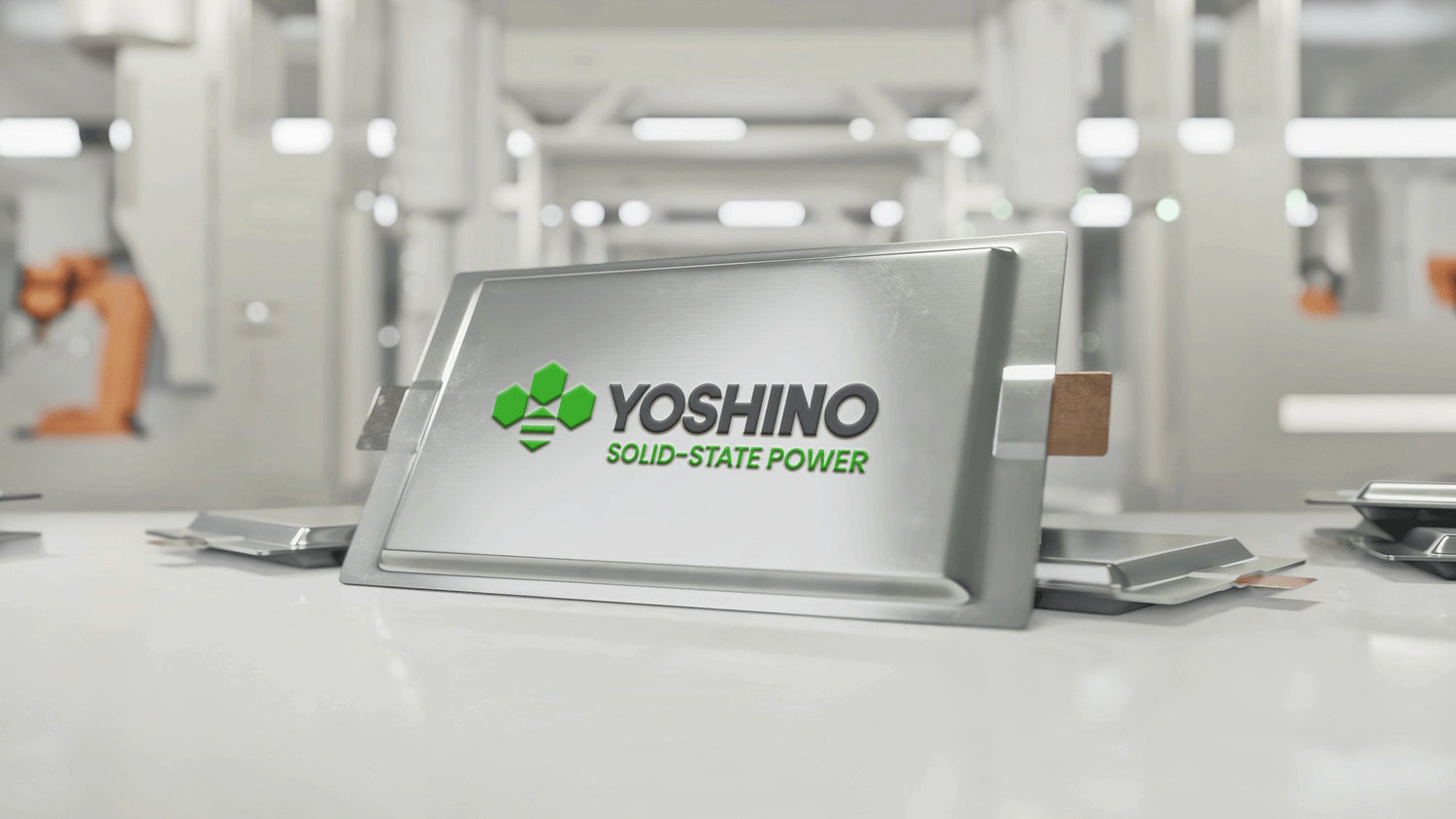

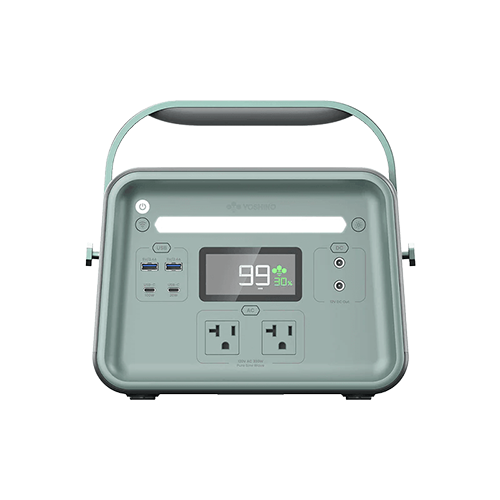

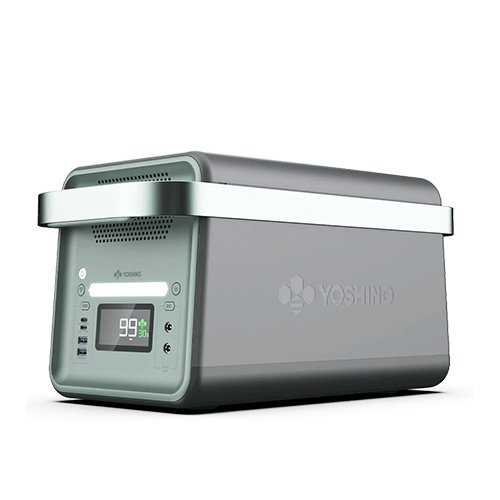
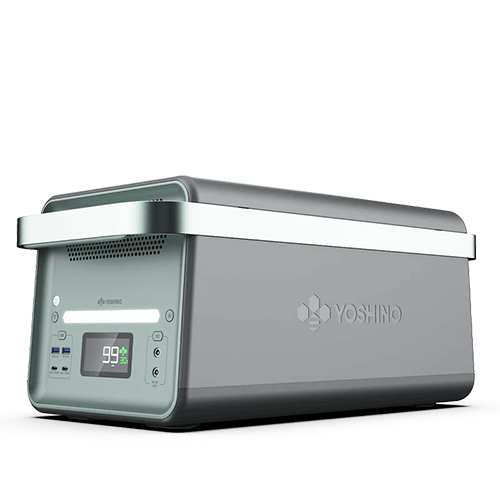
Leave a comment
This site is protected by hCaptcha and the hCaptcha Privacy Policy and Terms of Service apply.